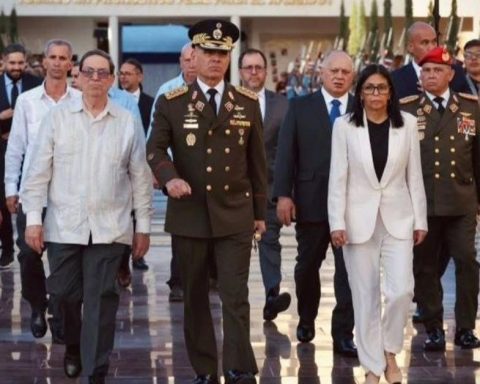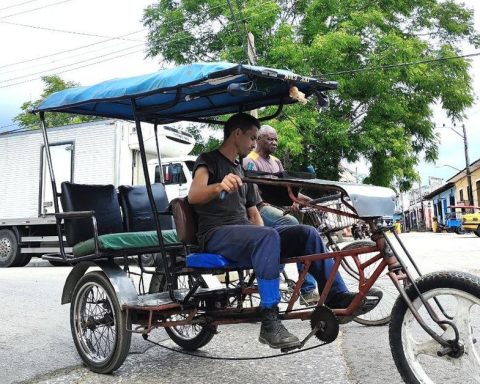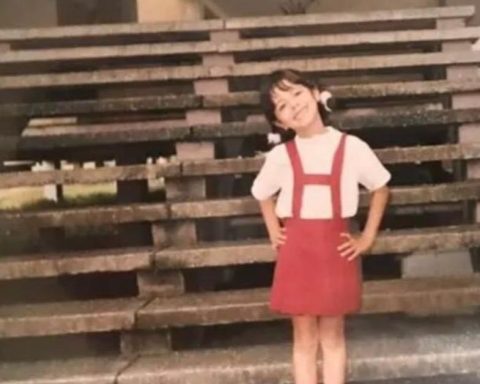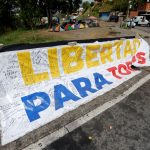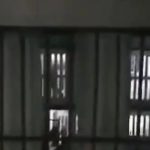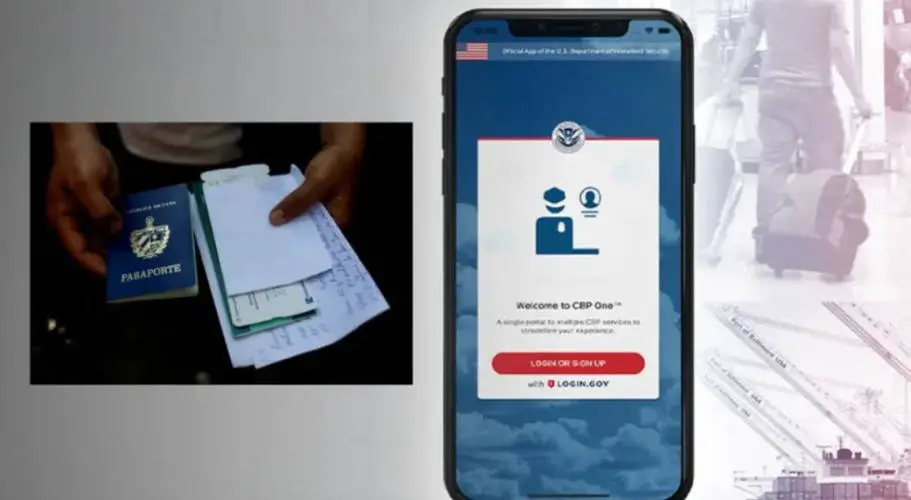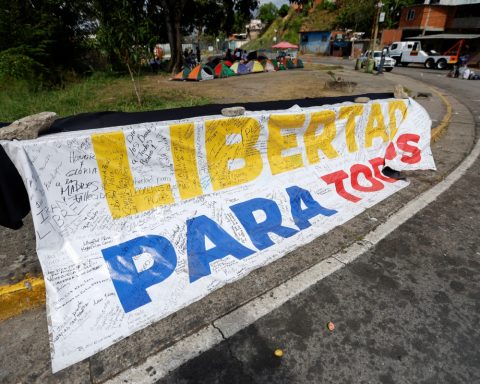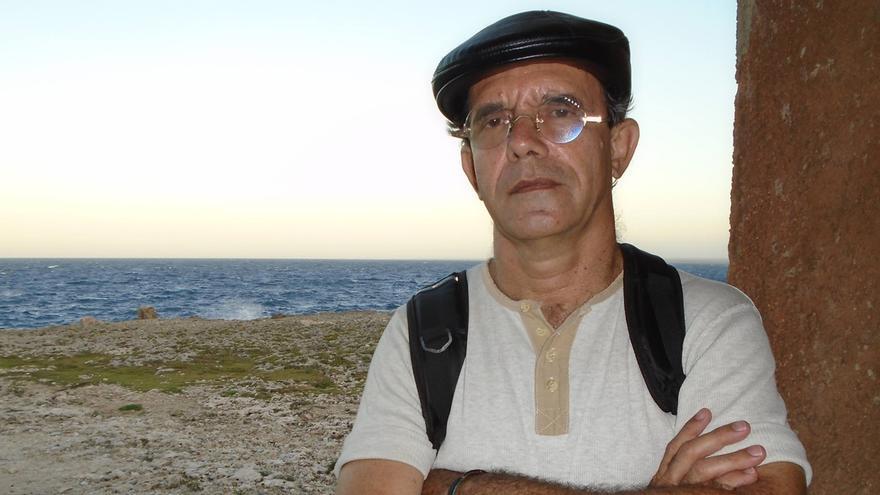
The Cuban writer and journalist Jorge Fernández Era offered this Friday a detailed account of the arrest who suffered the day before, for six hours, at the hands of the political police in Havana. In a text published on his profile Facebookrecounted that the kind of ambush that the agents laid for him ended up unleashing a wave of solidarity throughout the country and exposing the clumsiness of State Security.
Fernández Era denounced that the harassment had begun on Thursday morning, when a series of “wrong” calls to his house were intended to keep him located. The explanation of that “checkup”, he assures him, had to do with the publication of a recent “column-caricature” of his authorship in the media The Young Cubawhich ridiculed the nomination of octogenarian candidates for the Cuban Parliament, as well as an interview he gave to the filmmaker Ian Padrón.
At noon, when he left his house for El Vedado, he was intercepted by several motorized officers near the streets of San Indalecio and Rabí. Fernández Era, who was going with his wife and a friend of his, was asked to “stop the march.”
The agents –one of them identified himself as the sector chief of the Tamarindo neighborhood– demanded their identification and, upon returning the documents, informed the writer that it had been “circulated”. Arrested and on board one of the motorcycles, Fernández Era was transferred to the Aguilera police unit.
After traversing a “perfectly caged” ladder into the holding cell, he was made to stand for 45 minutes. Then they took him to a closed room, where an agent – who said he had been writing poetry “for years” – was commissioned to “take care of” him until he was received by Eivesgney Vilarte, “sheet number 10034, first lieutenant and second head of Crime Processing”. , says Fernández Era.
In the vicinity of the station, his wife and several friends were waiting for him, who had “stayed” until Fernández Era was released.
There they read him a complaint for the crimes of “denial of help and disobedience” and tried to impose a fine of 3,000 pesos for “not attending the two summonses that were made previously.” The writer argued that he did not have to pay the amount demanded until a claim that he had submitted on January 30, successively, to the Provincial Prosecutor’s Office, the Military Prosecutor General of the Ministry of the Interior and Counterintelligence was resolved.
In addition, he criticized the irregularities in the document containing his accusation, which also contained – “in violation of the Criminal Procedure Law, the National Symbols Law and the Military Secret Law” – sensitive information about another detainee unrelated to his case.
Faced with his refusal, Vilarte indicated that a “precautionary measure of provisional detention” would be imposed on him. He was held for an hour and a half without being offered water or food. When he demanded to be allowed to call his wife, the officers replied: “You won’t have to. You’re leaving.”
Vilarte informed him, he says, that they had decided to replace provisional detention with another precautionary measure: the “prohibition to leave the country until the Municipal Prosecutor’s Office makes a decision,” which must define his legal status. In the vicinity of the station, his wife and several of his friends were waiting for him, who had “stayed” until Fernández Era was released.
The writer’s publication concludes with an “epilogue” where he thanks the teacher Alina Bárbara Hernández, who demanded his release from the Parque de la Libertad in Matanzas, where was “cowardly harassed by three agents”, denounced. In addition, he recognized the thousands of people who protested on the networks against the “outrage” of State Security against his person.
Lastly, Fernández Era let his captors know that “neither the ban on leaving the island, nor provisional detention, nor home confinement, nor cash bail, nor the obligation to appear, nor jail” were going to silence him. .
________________________
Collaborate with our work:
The team of 14ymedio He is committed to doing serious journalism that reflects the reality of deep Cuba. Thank you for accompanying us on this long road. We invite you to continue supporting us, but this time becoming a member of our newspaper. Together we can continue transforming journalism in Cuba.

